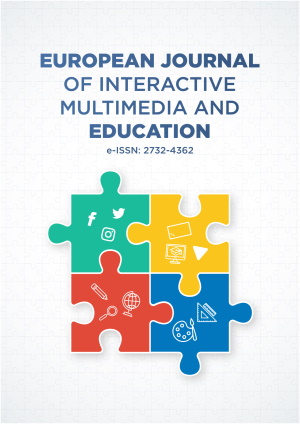Abstract
This paper explores the impact of technology on education, focusing on learning, unlearning, and continuous adaptation in our dynamic society. It begins by investigating technology’s pivotal role in enhancing educational accessibility for diverse backgrounds, breaking down barriers through adaptive learning platforms, immersive technologies, and language accessibility features. The study delves into how technology facilitates personalized and adaptive learning experiences, tailoring content to individual needs and accommodating diverse learning styles. Emphasis is placed on technology challenging outdated concepts, integrating virtual reality (VR) and augmented reality (AR) applications to create immersive environments that foster critical thinking and the vital process of unlearning. Additionally, the paper explores technology’s role in encouraging critical thinking and problem-solving skills through access to diverse perspectives, from online platforms to VR and AR applications. It addresses challenges and concerns such as the digital divide, potential distractions, information overload, and underscores the importance of digital literacy skills and responsible technology use. Finally, the paper presents strategies for effective technology integration in education, with a primary focus on the critical role of teacher training. The paper contribute to a comprehensive understanding of technology’s potential to shape a dynamic, adaptable, and inclusive learning environment, emphasizing its transformative impact on education.
License
This is an open access article distributed under the Creative Commons Attribution License which permits unrestricted use, distribution, and reproduction in any medium, provided the original work is properly cited.
Article Type: Research Article
EUR J INTERACT MULTIMED ED, Volume 5, Issue 2, July 2024, Article No: e02404
https://doi.org/10.30935/ejimed/15640
Publication date: 22 Nov 2024
Article Views: 2242
Article Downloads: 2656
Open Access References How to cite this article
 Full Text (PDF)
Full Text (PDF)